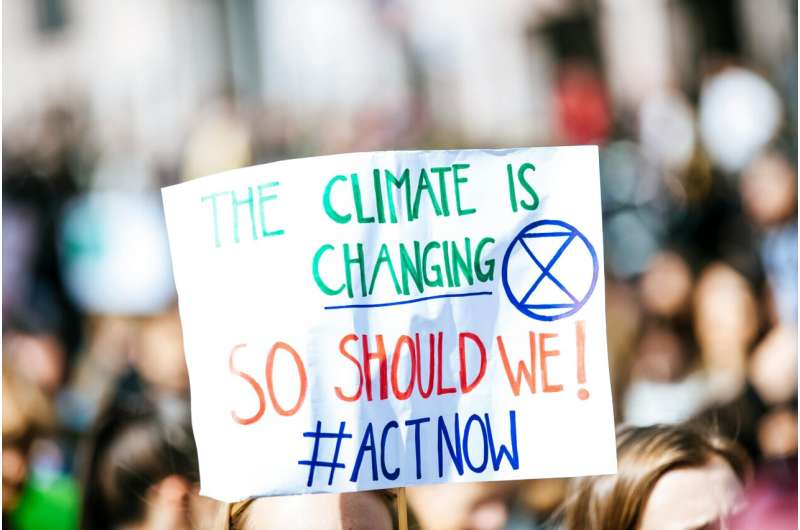Climate policies stimulate innovation and sustainability, says researcher

Climate policy induces companies to innovate and strict rules around fuel efficiency and greenhouse gas emissions are effective. These are the outcomes of Rik Rozendaal's Ph.D. research. "Ambitious climate policies can lead to more innovation and competition in the green transition."
Rozendaal explains, "Climate policy affects everyone. Given the size of the climate problem and governments' ambitions to achieve objectives, this impact will only increase. Therefore I wanted to devote my Ph.D. research to the economic effects of climate policy."
Strict rules stimulate innovation
In the first chapter of his Ph.D. thesis, Rozendaal shows that rules on fuel efficiency and greenhouse gas emissions have a great impact on innovation in the car industry. By developing a new way to measure the strictness of these rules, he discovered together with Professor of Economics and Environmental Policy Herman Vollebergh that strict norms actually induce companies to invest in clean technologies.
Rozendaal says, "Companies see that they will have to produce cleaner cars in a number of years or they will be fined. One of the ways to meet those stricter rules is selling more electric or hybrid cars. The strict rules are thus act as an incentive to develop technologies for better or cheaper clean cars. This shows that good policies not only help the environment, but also create economic opportunities."
The role of market leaders in the green transition
Rozendaal also investigated how market leaders are dealing with the green transition. He discovered that large companies often invest more in dirty technologies than their competitors. "Historically, market leaders have invested more in dirty technologies. As a result, they are more entrenched in fossil fuels and it is more difficult or costly for them to go green.
"As a result of climate policy, such as an increase in the carbon tax, market leaders need to innovate if they do not want to lose their competitive edge to emerging green companies. For emerging companies, it creates opportunities to take over markets from the large fossil-based companies.
"COâ‚‚ pricing, therefore, can lead to a shift not only in the direction of innovation but also in its intensity. Relatively more is spent on Research & Development, as a result of which green technologies develop faster and the transition is accelerating."
That policy has a generally positive impact on innovation, and competition also benefits consumers. "A decrease in market power is usually good news for consumers," Rozendaal explains. "Companies can no longer charge high prices. Innovation results in better and/or cheaper products. Consumers benefit here, too."
Rozendaal emphasizes that policy makers need to consider the right mix of measures, including subsidizing labor in clean industries or taxing dirty technologies, to reduce negative effects. "Policy makers need to take into account the strategic interests of large polluting companies that try to protect their market share."
Provided by Tilburg University

















